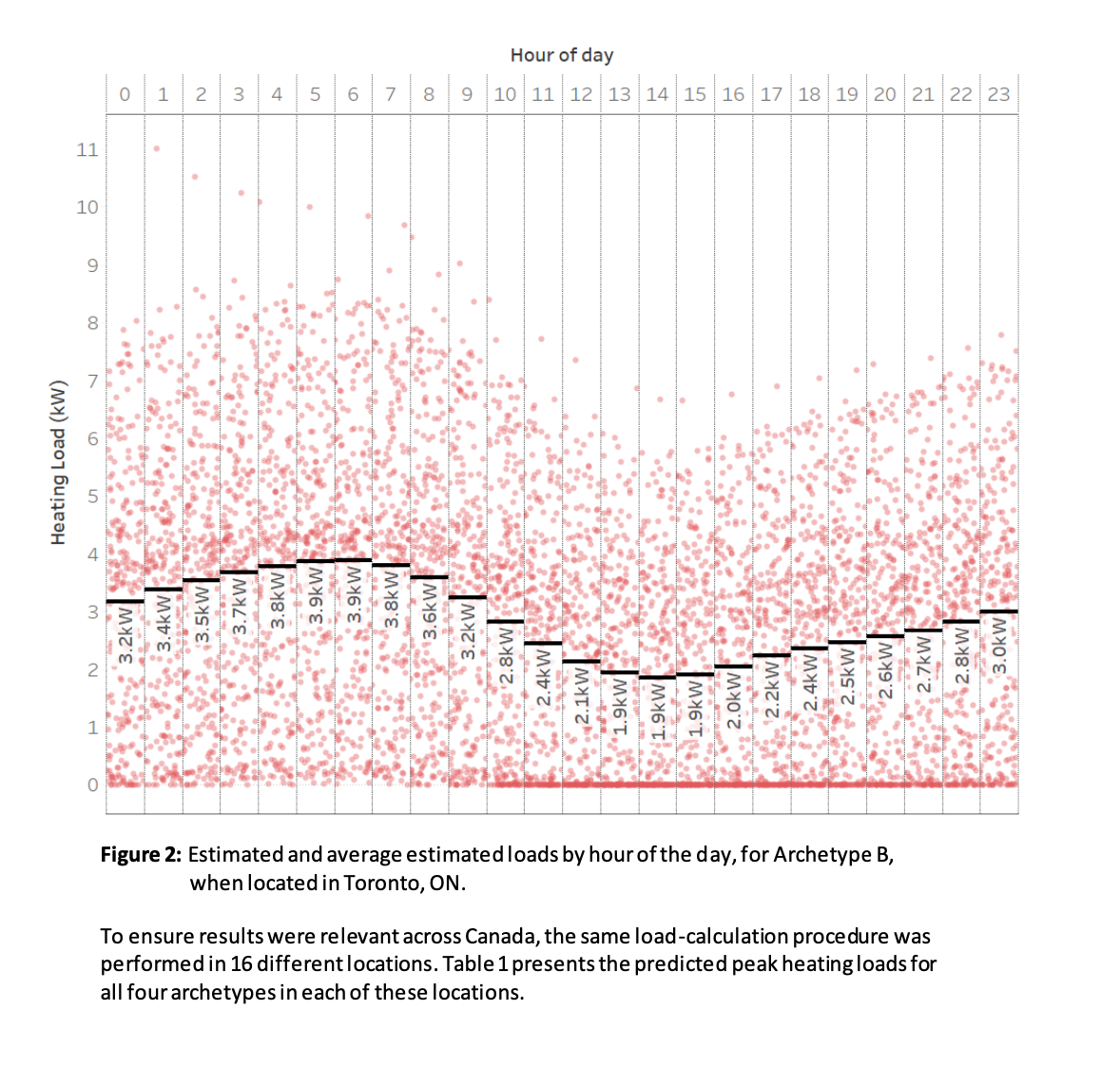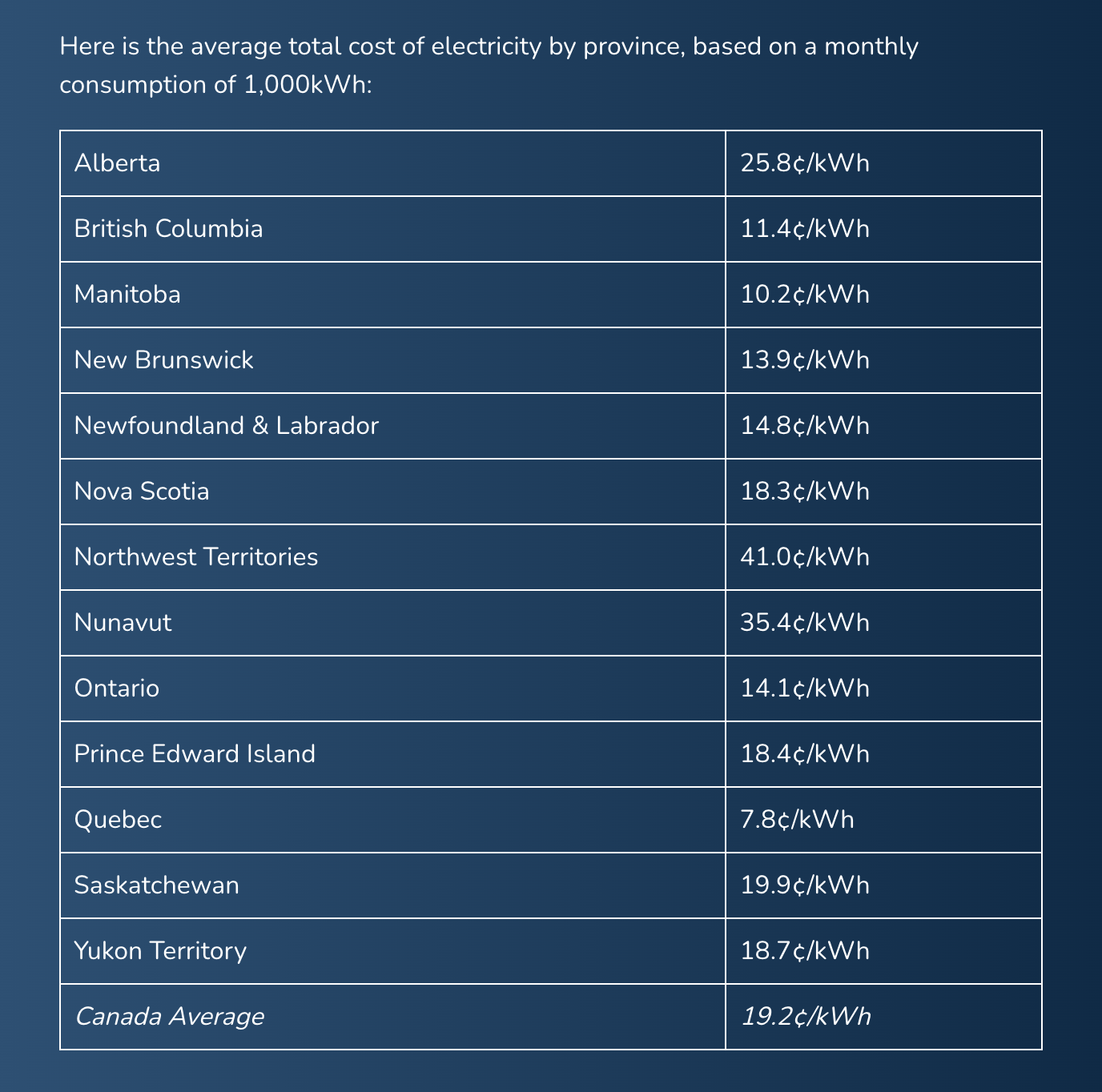Is a Heat Pump an Efficient Choice For Heating House? The lifecycle of residential heating systems, like furnaces and boilers, typically spans 15 to 30 years. However, as homeowners explore the possibility of installing heat pumps into existing heating systems, they encounter a spectrum of complexities. These include potential modifications to ductwork, electrical service, and the allocation of outdoor space for essential components. Moreover, the installation process will entail running refrigeration lines and wiring into the mechanical room of the house. To assess the suitability of a heat pump for a specific residence, it is imperative to comprehend associated considerations and pose pertinent questions.
Definition and Function of a Heat Pump
A heat pump, an electric heating system, surpasses traditional baseboard heaters or electric furnaces in terms of efficiency roughly three times. Unlike conventional systems that generate heat directly from electricity, a heat pump extracts heat from an external source, such as the outdoor environment, and transfers it to the house. This functionality allows a heat pump to achieve triple the efficiency of other heating methods, converting a single unit of electrical energy into three units of heat energy. Additionally, a heat pump can function as an air conditioning unit during summertime, employing the same principles in reverse.
Advancements in Heat Pump Technology
Over time, heat pump technology has undergone extensive development, resulting in improvements in efficiency and overall performance. This progress has propelled the popularity of heat pumps for space heating and cooling, particularly among homeowners seeking energy-efficient solutions.
Ducted vs. Ductless Heat Pumps
Air-source heat pumps can be categorized as ducted or ductless systems. Ducted heat pumps function similarly to central furnaces, connected to a home’s ductwork and regulated by a central thermostat. Conversely, ductless units consist of a self-contained package with a heat exchanger and blower, mountable on walls or floors. Ductless systems can incorporate multiple heads, serving various areas within a residence. Homeowners often opt for ductless heat pumps when seeking greater flexibility in controlling heating and cooling in multiple zones or when a house lacks pre-existing ductwork. Some may choose to install these systems on the upper floor or in-home extensions that require supplementary heating and cooling.
Cold Climate Air Source Heat Pumps As an Option
The chilly climate in Canada makes it imperative to switch to energy-efficient heating equipment, as space heating accounts for more than 60% of household consumption of electrical energy. Cold climate air source heat pumps present opportunities for substantial energy savings, reduced utility bills, and a diminished carbon footprint. Homeowners making the switch from oil-based heating systems to cold-climate heat pumps can potentially save between $1,500 and $4,700 annually in energy costs.

Financial Considerations
While the increased efficiency of heat pumps can lead to substantial energy savings, the actual amount depends on various factors. These factors include the local climate, the efficiency of the existing system, the size and type of heat pump, and the control strategy employed. Online calculators are available to estimate potential energy savings for specific applications. However, it’s noteworthy that cost savings associated with heat pumps compared to natural gas furnaces are less significant in regions where natural gas prices are relatively lower than electricity costs, such as in the Prairies, according to a report by Natural Resources Canada.

Case Study
To illustrate, consider a 1,200-square-foot house in Toronto requiring 60,000 BTUs to maintain warmth. Based on data from Natural Resources Canada, this would translate to an average energy consumption of 3 kW per hour, totaling 72 kW per day. With an average electricity price of ¢14 per kilowatt-hour in Ontario, the daily operating cost of a heat pump would amount to $10.152. Consequently, the monthly operational cost in Ontario would be approximately $304.56. In colder climates like Alberta, the operational cost of a heat pump would be significantly higher due to increased electricity rates and colder temperatures, resulting in larger electricity bills.
Is a Heat Pump an Efficient Choice For Heating House?
Heat pump technology offers a promising and energy-efficient alternative to conventional heating systems, with the potential for substantial savings in energy consumption and utility bills. However, a thorough evaluation of factors such as climate, existing system efficiency, and cost comparisons between different fuel sources is imperative when determining the suitability and financial viability of heat pumps for residential heating. Despite the severe winter cold in Alberta, furnaces remain the top choice for heating homes during winter, even though heat pumps are great option in the Southern parts of British Columbia or Ontario and across most of the United States and other parts of the word. Homeowners in Alberta continue to opt for more reliable heating solutions, such as natural gas furnaces.

